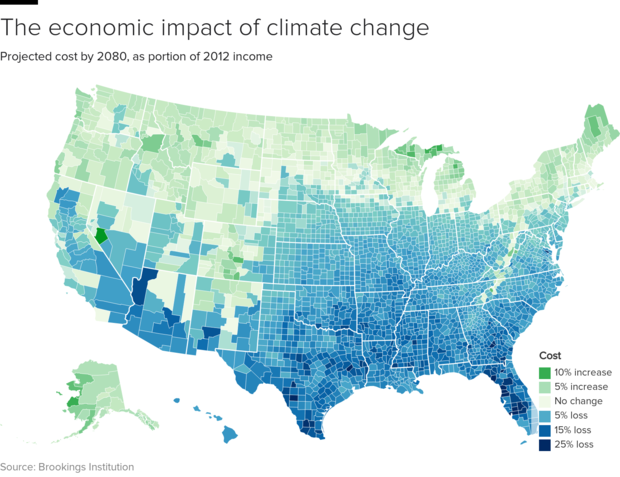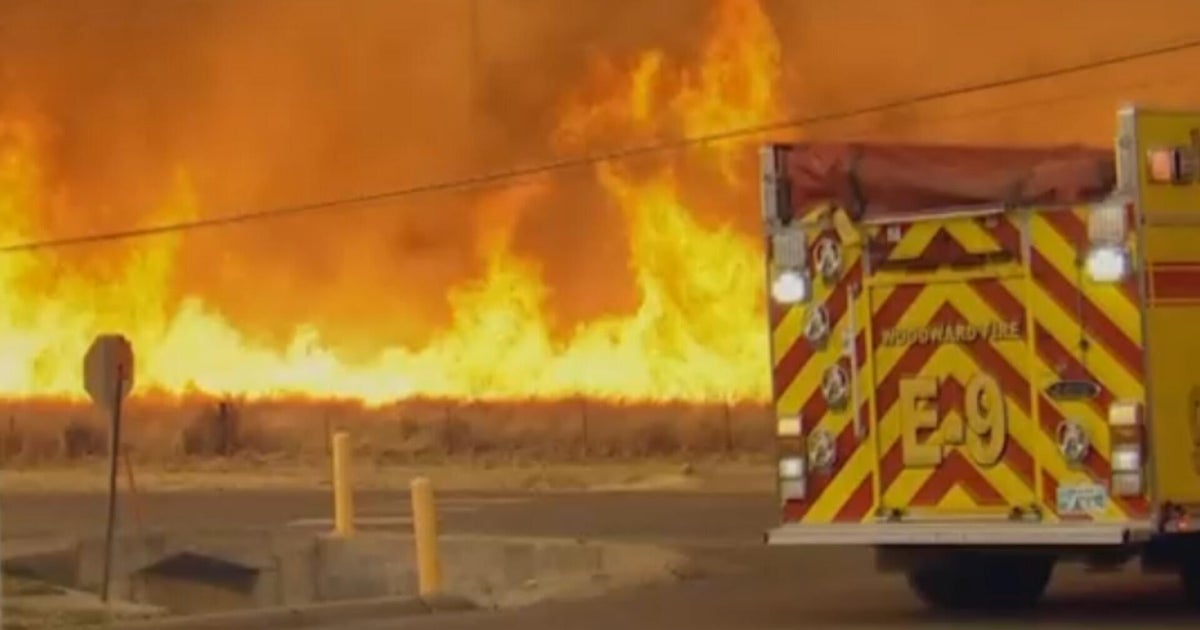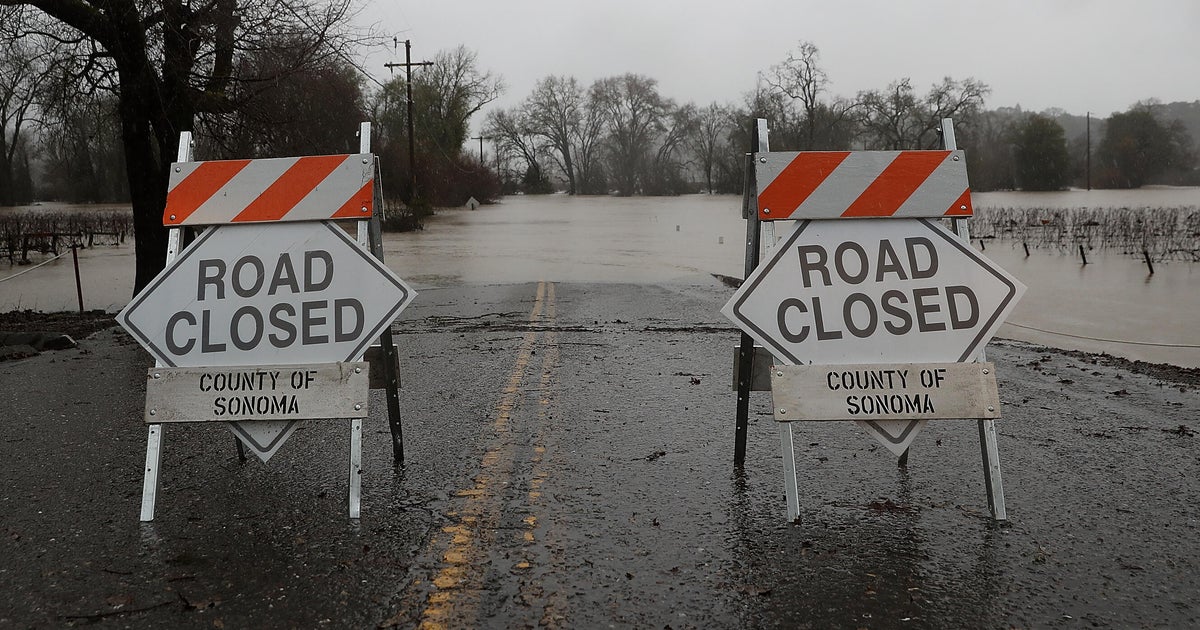Climate change skeptics live where its effects are hurting economy most: study
As record sub-zero temperatures grip the Midwest in the wake of extreme coastal flooding and fire, new research from the Brookings Institution this week suggests areas where Americans are the most skeptical about climate change will be the hardest hit by its effects in the latter part of this century.
Researchers looked at factors from mortality rates, farm yields and fires to heat-related risks for outdoor workers and coastal damage from rising seas. They used data on projected long-term harm and benefits compiled by the Climate Impact Lab research consortium, which monitors global costs.
Then they layered recent voting patterns by Americans on top of the data. The upshot? Regions with the largest groups of climate skeptics - typically Republican strongholds like Florida and Texas - turned out to be the most vulnerable when it comes to climate change forecasts for the rest of the century.
Counties that voted for President Donald Trump in 2016, for instance, will on average face a 4.8 percent loss in gross domestic product by 2099, the researchers estimate. That compares to the smaller 3.3 loss for counties that Hillary Clinton won, mostly in the north, the paper forecast.
An even wider disparity appears when the researchers looked at income. Americans who live in regions that address climate change through policy, mostly in the northern part of the U.S, might actually see a gain while those who don't may lose income from its impact.
Areas like the Pacific Northwest, parts of the West, upper Midwest and New England might see fewer GDP declines from climate change "even as it creates stark losses in the Southwest, Southeast and Florida," according to the report.
Most surprising "was the sharp unevenness of the harm effects, which then brings varied political factors into play," Mark Muro, co-author and senior fellow at Brookings, told CBS MoneyWatch. The resulting map across areas of the U.S. "depicts extreme variation, South to North, coast to interior, wet sunbelt vs dry."
Higher mortality rates
One startling metric: mortality rates. More deaths occur in swaths of the country, including the dry Southwest and wet areas, "as coastal storms and sea-level issues batter the Southeast, Florida and the Gulf Coast," according to the research.
It's not clear that if Americans who live in areas most hit by climate change will die sooner, "but in statistical terms, more deaths do occur in such counties," Muro said.
Believers may benefit
Another surprising find: a pairing of climate change forecasts and income metrics county-by-county showed those areas where people support policies to stem the effects of climate change might actually benefit from the phenomenon in the years 2080 to 2099.
Such benefits could include rising crop yields and income gains in counties that favor robust climate change policy, the research found.
"Some of the areas least convinced that climate change exists will be hit the hardest by its impacts. Likewise, the places that have the most to gain from climate mitigation strategies are the most resistant to such policies," Muro said. "For some this will seem really perverse—and its definitely unfortunate: for struggling parts of the nation, and the world."
That might eventually change attitudes "as people are confronted with climate reality," the researchers argue. It even might make climate change politics "less polarizing."




